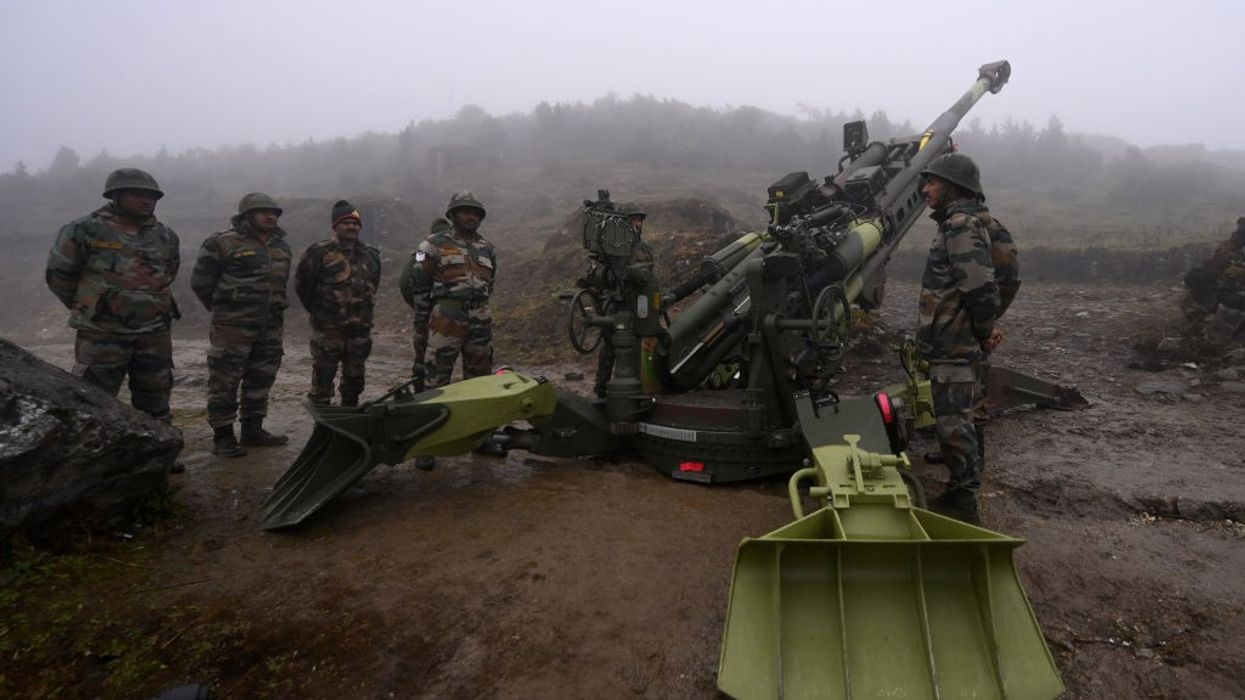INDIA on Wednesday (14) dismissed China’s renaming of at least 27 places in Arunachal Pradesh as a “vain and preposterous” exercise, and underlined that the northeastern state is an “integral and inalienable” part of India. Beijing, however, said it is within its “sovereign” right to rename parts of the Indian state.
“We have noticed that China has persisted with its vain and preposterous attempts to name places in the Indian state of Arunachal Pradesh. Consistent with our principled position, we reject such attempts categorically. Creative naming will not alter the undeniable reality that Arunachal Pradesh was, is, and will always remain an integral and inalienable part of India,” Ministry of External Affairs spokesperson Randhir Jaiswal said in response to media queries.
In response to India’s statement, Chinese Ministry of Foreign Affairs’ spokesperson Lin Jian told a press conference in Beijing that they have “standardised names of some parts of Zangnan (Arunachal Pradesh)” which is “part of China’s territory”.
China on Sunday (11) notified the ‘renaming’ of at least 27 places as it continues to make a territorial claim over India’s northeastern state. China refers to Arunachal Pradesh as Zangnan or southern Tibet.
This is the fifth time in the last eight years that Beijing has announced the rechristening of places in Arunachal Pradesh.
Its first attempt was in 2017, followed by those in 2021, 2023 and 2024. India has consistently rejected such Chinese attempts. Last year, Beijing also protested against prime minister Narendra Modi’s visit to the Indian state to inaugurate the Sela tunnel, which provides all-weather connectivity to the strategically important town of Tawang.
Just as Modi was visiting the state, the Chinese foreign and defence ministries published a series of statements over Beijing’s claims on Arunachal Pradesh. In early March 2024, the US also opposed any Chinese attempt to unilaterally advance its territorial claim over the northeastern state.
The latest notification came a day after India and Pakistan announced a bilateral understanding to cease armed hostilities. Between May 7 and 10, their armed forces carried out kinetic action against each other. Last Wednesday (7), India launched Operation Sindoor, targeting nine terrorist complexes across Pakistan and Pakistan-occupied Jammu and Kashmir. China referred to the operation as “regrettable”.
India’s Operation Sindoor was a response to the April 22 terrorist attack in Jammu and Kashmir’s Pahalgam which left 26 people dead. India’s national security advisor Ajit Doval had spoken to his Chinese counterpart Wang Yi on Operation Sindoor, with the two holding a round of phone calls on Saturday (10).
A day after Doval and Wang spoke, China’s Ministry of Civil Affairs published its latest list of renamed areas in Arunachal Pradesh. Towards the end of last year, China also announced the construction of a mega-dam on the Yarlung-Zangbo River.
The Yarlung-Zangbo River flows through Arunachal Pradesh as the Siang River before it becomes the Brahmaputra and flows into the Bay of Bengal. The Chinese dam has serious implications for the flow of water through Arunachal Pradesh.
(PTI)





